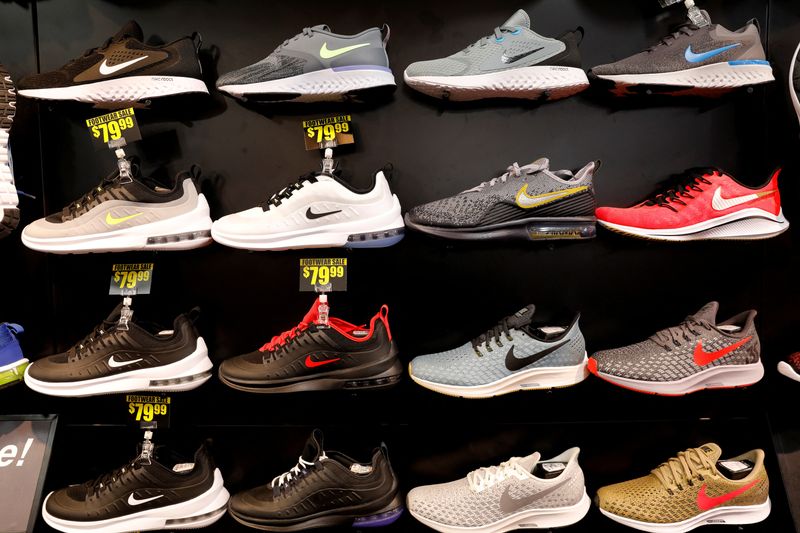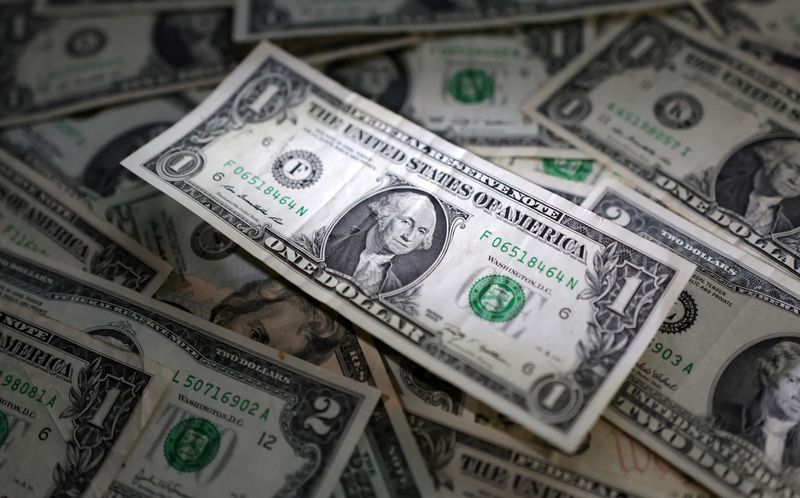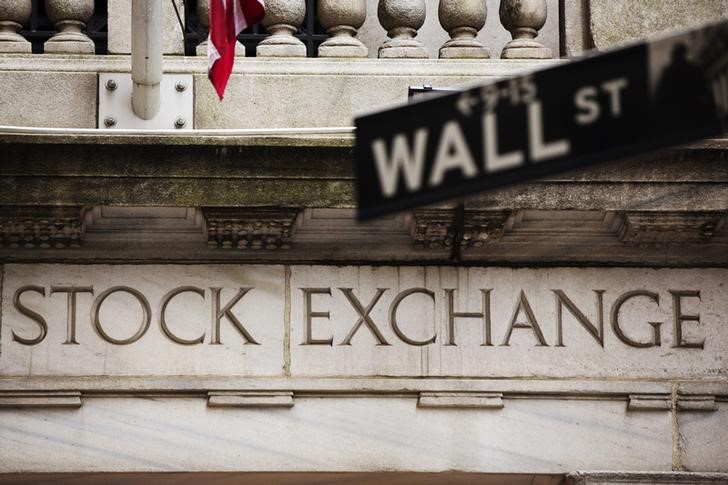Nike posts bigger-than-expected sales drop on stiff competition

(Reuters) -Nike posted a bigger-than-expected drop in first-quarter revenue on Tuesday, as the sportswear giant battles weak consumer demand for its footwear amid stiff competition from newer brands globally.
Its shares fell 2.5% in extended trading. They see-sawed after the results as the company also reported its gross margin jumped by 120 basis points to 45.4%, thanks to attempts to cut costs through layoffs and reducing supply of some underperforming products.
First-quarter profit per share of 70 cents also beat estimates of 52 cents, according to analysts’ data compiled by LSEG.
The company is yet to see sales benefits from its drive to fast-track innovation with the launch of new product lines such as Air Max Dn and Pegasus 41.
Analysts say Nike (NYSE:NKE) has done little to drive demand and take back market share from brands like Deckers’ Hoka and Roger Federer-backed On.
It said in September company veteran Elliott Hill, who was at Nike for 32 years before retiring in 2020, will take over as new CEO on Oct. 14, tasked with reviving sales and winning back market share.
With Hill at the helm, analysts expect Nike to begin from scratch and rebuild wholesale partnerships that had tapered under outgoing CEO John Donahoe.
While Donahoe focused instead on bolstering sales through the company’s own stores and website, U.S. retailers like Foot Locker (NYSE:FL) and Dicks Sporting Goods quickly filled the shelf space Nike had vacated with fashionable competitors like On, Hoka and New Balance.
Nike executives in March acknowledged that their direct-to-consumer push was not driving growth and had instead led to a drop in its market share.
The sportswear giant has been hurt by a lull in consumer spending in China after a frail post-pandemic recovery driven by high youth unemployment and a protracted property downturn. Consumers in the region have also begun preferring locally made products. The company’s first-quarter net revenue fell 10.4% to $11.59 billion. Analysts had expected a 10% fall to $11.65 billion, according to analysts’ estimates compiled by LSEG.







